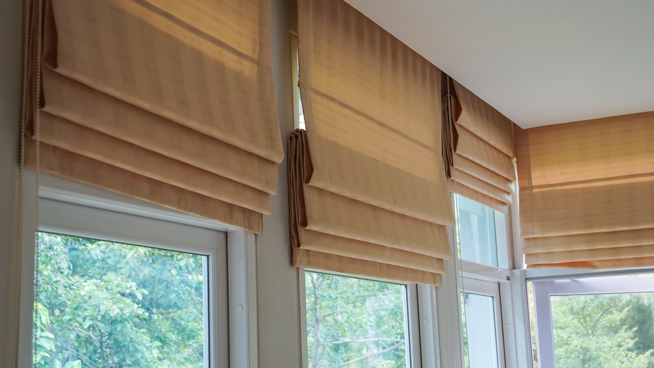
From The Detroit News | By Ken Calverley and Chuck Breidenstein
DETROIT, March 14, 2024 ~ The license law in Michigan and many other states requires contractors to submit written proposals that include clear specifications and pricing for the work to be done.
Before a job even begins, an owner and contractor should have complete and unambiguous documents to represent the work to be completed and the amount it will cost.
During construction, changes to the original contract may occur for several reasons that include additional work ordered by the client and circumstances that are often the result of unforeseeable conditions such as unstable soils, hidden structural issues or even contamination, such as mold or asbestos.
A business model in the industry for many years saw contracts that contained numerous “allowance” items, each valued at a defined dollar amount. The idea was to account for specific materials or phases that could not be accurately priced in advance, either due to time constraints or unknown conditions.
PODCAST:
March 17, 2024 ~ Chuck “The Inside Guy” Breidenstein and Ken “The Outside Guy” Calverly offer the knowledge and resources you need to make the home of your dreams a reality.
(CONTINUED)
One justifiable item often priced this way is a water well. While we can reasonably anticipate mobilization costs, pump and equipment charges and minimum depth fees, we really don’t know until we drill how deep we will have to go to get a good flow of potable water.
An owner wanting to initiate construction quickly who is going to later pick out ceramic tile, counter tops, floor coverings, or custom cabinetry might have a proposed dollar amount for each of these items in the contract that, supposedly, represents the installed cost of each.
The contract will state that any surplus money in a category would be returned or credited to the client, while any overage was the responsibility of the owner and would be paid over to the contractor as an extra.
Unscrupulous contractors, in an effort to obtain contracts that appeared to be the low bid, might have many, intentionally, low allowances in the agreement.
So, a buyer thinking they were going to have that new job completed for, say, $200,000 ended up spending another $50,000 after they chose, and paid for, the items they really wanted.
Another twist on this same contractor strategy is to write a similar low bid proposal with the hope of many change orders executed by the parties each time a material or phase was more costly than anticipated in the original agreement.
The initial contract may have called for a plain white ceramic tile, but because the owners then chose a higher end patterned tile, the installed cost, and, thus, the amount paid by the client, was much higher.
Each time something like this occurs, the law requires a written order to modify the agreement signed by all parties to the contract.
The law also implies the date of the change order is the effective new date of the contract as a whole, potentially extending the warranty for the parties.
These change orders must be specific in their terms, specifications and pricing and must run parallel to the original agreement; that is, they must adopt the same terms and conditions as the contract the parties signed to initiate the project.
Attorneys often advise contractors and owners to include very clear language addressing change orders in the master agreement and a sample copy of a change order in the main document.
Both parties are also advised to spend more time on the front end specifying and pricing the entire job, so any future material choices, and the opportunity for a change order, is limited.
Jobs that are well planned, specified, and priced ahead of time tend to get completed more quickly, stay on budget, and produce both happy customers and contractors.
**
For more advice, listen to “The Inside Outside Guys” every Saturday and Sunday on 760 WJR from 10 a.m. to noon or contact them at InsideOutsideGuys.com.
MORE FROM THE INSIDE OUTSIDE GUYS:




